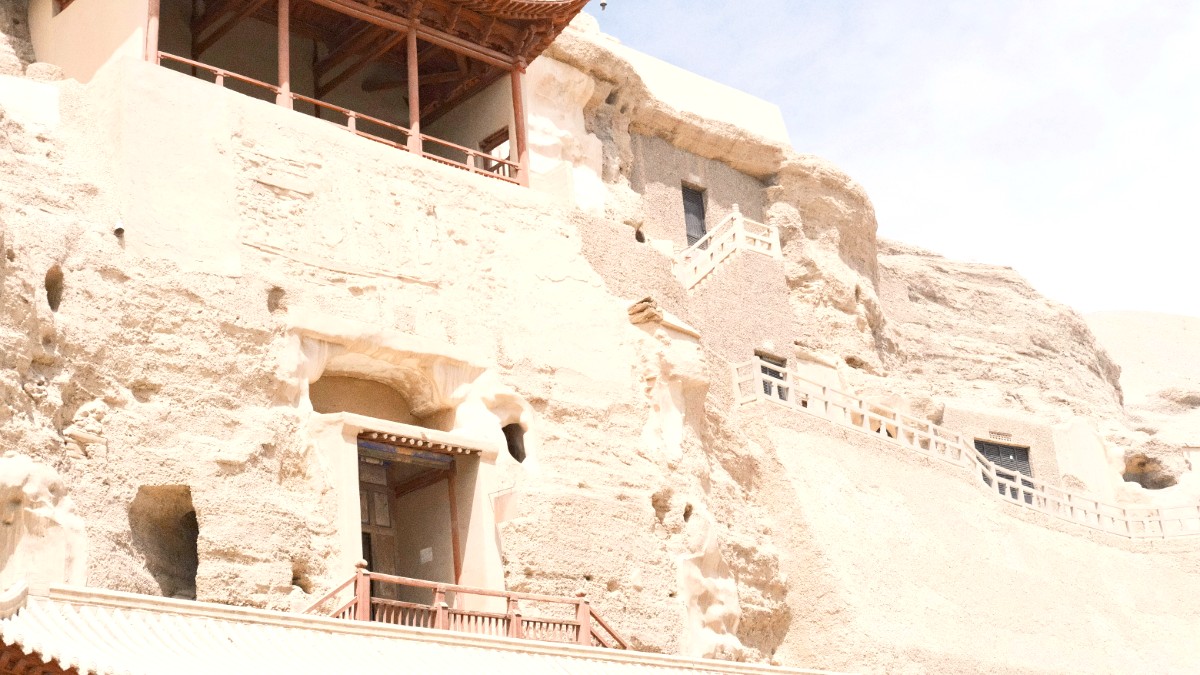
Gansu, China
China's super-app for messaging, voice calls, mobile payments (WeChat Pay), and local services via mini-programs.
Another widely used mobile payment app, critical for almost all daily transactions.
China's leading navigation apps. They hold detailed maps, public transport routes, and real-time traffic updates.
China's top ride-hailing app, a comparable service to Uber. Indispensable for convenient and transparent taxi services.
Google Translate (Mandarin offline pack downloaded pre-arrival; VPN needed for full function), Baidu Translate, or Pleco (offline Chinese dictionary).
A VPN is necessary for accessing many international websites and apps (Google, Facebook, Instagram, WhatsApp, YouTube). Install and test before arrival.
Mgk.org.cn (This website is essential for booking grottoes tickets and accessing official information. It includes an English version).
A platform for booking flights, hotels, and some tours within China, with an English interface.
Search for official Gansu Province or Dunhuang tourism websites for broader information, events, and local updates.
Seek podcasts or documentaries on the Silk Road, Buddhist art, or Chinese history to enrich your background knowledge.
Purchase a reputable guidebook on China that is a detailed section on Gansu Province and the Silk Road, specifically covering Dunhuang (e.g., Lonely Planet or Rough Guides).
"The Silk Roads: A New History of the World" by Peter Frankopan presents excellent general context for the Silk Road's historical significance.
Local tourist maps, brochures, or small guide booklets are often accessible at hotels or visitor centers. While mostly in Chinese, they may contain useful visual information.
Travel insurance covers unexpected medical emergencies and hospital stays abroad. This shields against high out-of-pocket costs.
Coverage for trip cancellation or interruption protects your financial investment if plans change due to unforeseen circumstances.
Compensation for lost, delayed, or damaged luggage minimizes the inconvenience of such events during your journey.
For your journey, comprehensive travel insurance is advisable. Consider providers like World Nomads to ensure coverage for medical needs and travel disruptions.
Downloading an offline Chinese dictionary app (e.g., Pleco) assists character recognition and basic translation.
Practice basic tones and pronunciations; even imperfect attempts are welcomed.
Reading on the Silk Road's history frames Dunhuang's central role in ancient trade and cultural exchange.
Knowledge of Buddhist art history enriches the Mogao Grottoes experience, highlighting stylistic evolution.
Familiarity with various historical Chinese architectural elements adds depth to temple and grotto visits.
Use anti-theft bags and keep valuables out of sight, especially in crowded tourist areas.
Hotel staff and tour guides serve as valuable local contacts for any questions or issues during your stay.
Carry a small First-aid kit with basic medications, bandages, and antiseptic wipes for minor ailments.
Engaging with Dunhuang's history and culture prior to your visit enriches your journey significantly. Each piece of background information adds to a fuller appreciation of this ancient city's wonders.